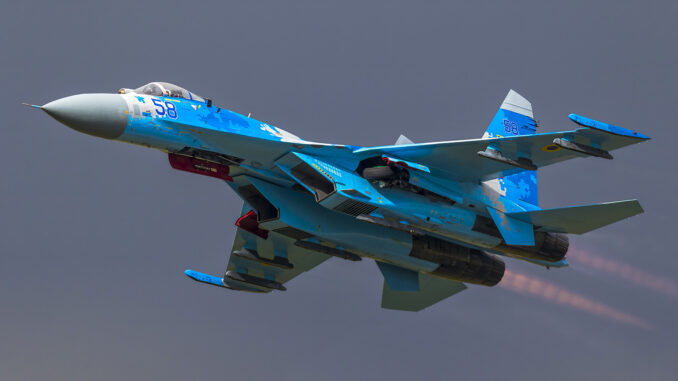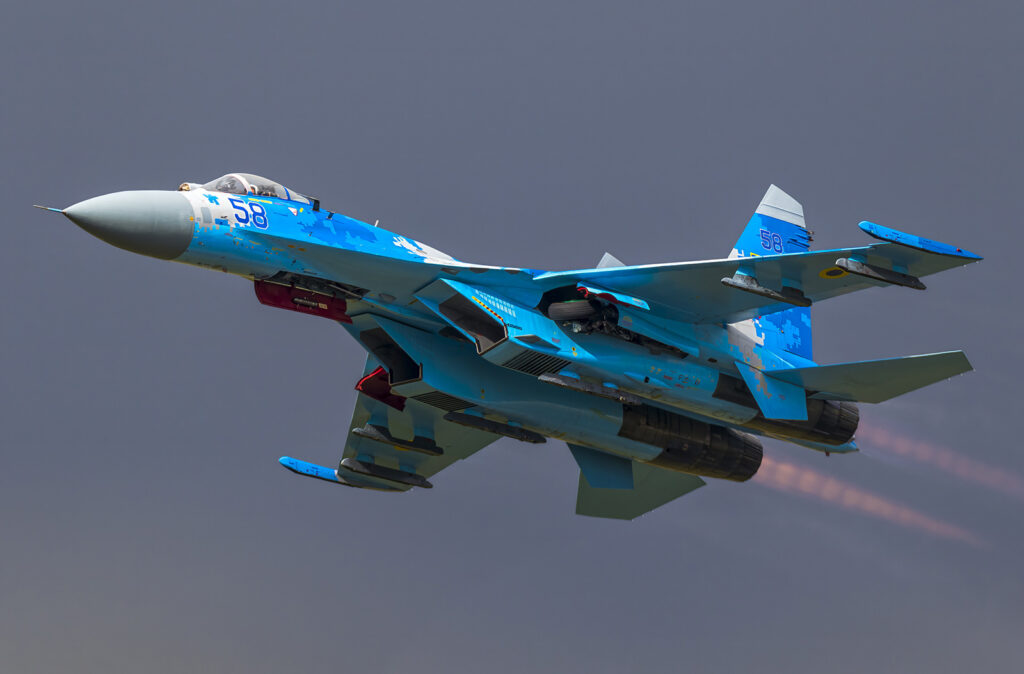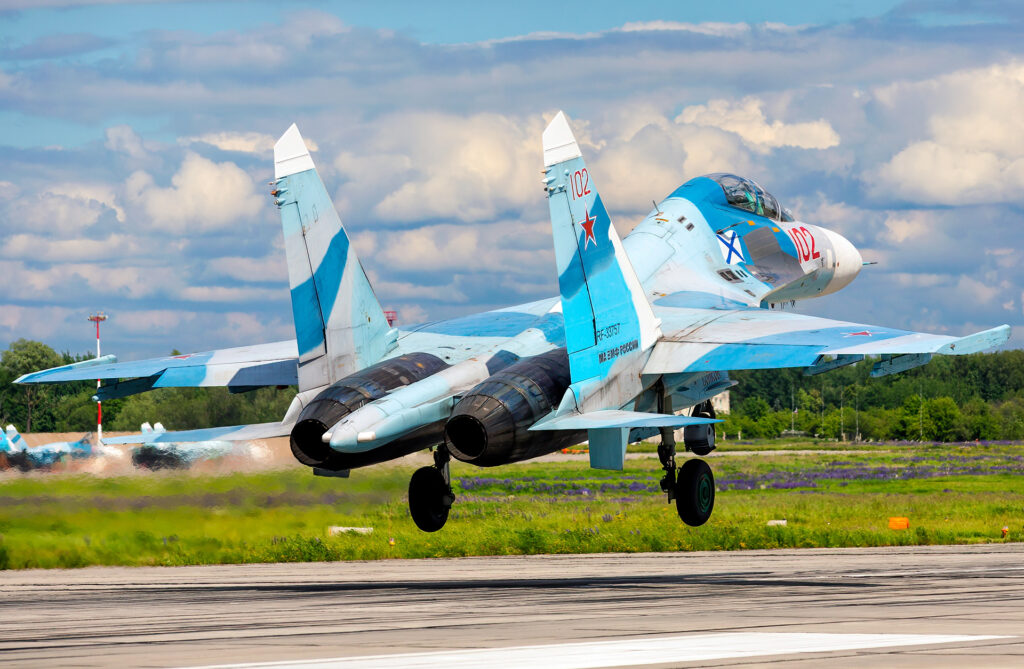
Russia is violating the airspace of NATO members Sweden and Finland, provoking tensions and military reactions in the Baltic region.
Understand in 2 minutes
New NATO members Sweden and Finland have reported violations of their airspace by Russian military aircraft. These incidents come at a time when NATO is conducting a major exercise in the region. In Sweden, a Russian Su-24 entered airspace over Gotland, while in Finland, four Russian aircraft violated airspace near Loviisa. These actions show a lack of respect for the territorial integrity of these nations and raise questions about Russia’s intentions.

Background to airspace violations
Russian airspace violations in the Baltic region have recently attracted international attention, not least because of increased tensions between Russia and NATO. Sweden and Finland, having recently joined the alliance, are now at the forefront of these tensions. These incidents are not just isolated provocations, but form part of a wider context of show of force and increased military surveillance. The complex geopolitical situation requires an in-depth analysis of recent events to fully understand their implications.
Incidents in Sweden
On 14 June, a Swedish JAS 39 Gripen fighter was dispatched to intercept a Russian Su-24 that had entered Swedish airspace over the strategic island of Gotland. This island, located in the Baltic Sea, is of major strategic importance to Sweden. According to the Swedish authorities, the Russian aircraft ignored verbal warnings and continued on its way, penetrating some 4.8 kilometres into Swedish airspace, well beyond the 22.2 kilometre limit defined by international law. This incident marks the first violation of Swedish airspace by Russia since Stockholm joined NATO last March.
Incidents in Finland
On the same day, 14 June, Finland reported a violation of its airspace by four Russian military aircraft near the town of Loviisa on the Gulf of Finland. Two Russian bombers and two fighter jets penetrated 2.4 kilometres into Finnish airspace for around two minutes. Finnish defence chief Antti Hakkanen said the violation was being taken very seriously. This incident follows a previous violation by Russian MiG-31s in August 2022, prior to Finland joining NATO in April 2023.
Consequences of airspace violations
Russian airspace violations have several significant consequences. Diplomatically, they exacerbate tensions between Russia and NATO, reinforcing mistrust and the perception of an increased threat. For Sweden and Finland, these incidents justify their recent membership of NATO, demonstrating the need for collective security guarantees in the face of an increasingly aggressive Russia. Militarily, these violations force the air forces of the countries concerned to maintain a high state of vigilance, mobilising significant resources for the surveillance and defence of their airspace.
Extrapolation and strategic implications
Recent incidents of airspace violations underline the strategic importance of the Baltic region in the context of NATO-Russia relations. The presence of Russian forces close to NATO’s borders, combined with frequent military exercises such as NATO’s BALTOPS operations, shows a dynamic of confrontation and demonstration of power. In the future, we are likely to see an intensification of military activity in the region, with increased air and sea patrols on both sides. This could also lead to a reassessment of NATO’s defence strategies and surveillance capabilities in response to Russia’s continued provocations.

NATO responses and international cooperation
In the face of these provocations, NATO and its members will have to step up cooperation on air defence and surveillance. Joint exercises, such as BALTOPS, play a crucial role in improving the interoperability and readiness of allied forces. In addition, it is essential to develop detection and rapid response systems to deal with potential incursions. The accession of Sweden and Finland to NATO also strengthens the alliance’s position in the region, offering increased deterrence against Russia’s aggressive actions.
Recent Russian airspace violations highlight the continuing tensions between Moscow and NATO. They underline the need for constant vigilance and increased cooperation between NATO members to ensure security and stability in the Baltic region. Russia’s actions, while unacceptable, also offer an opportunity to strengthen solidarity and coordination within the Alliance, ensuring a collective and effective response to current and future security challenges.
War Wings Daily is an independant magazine.